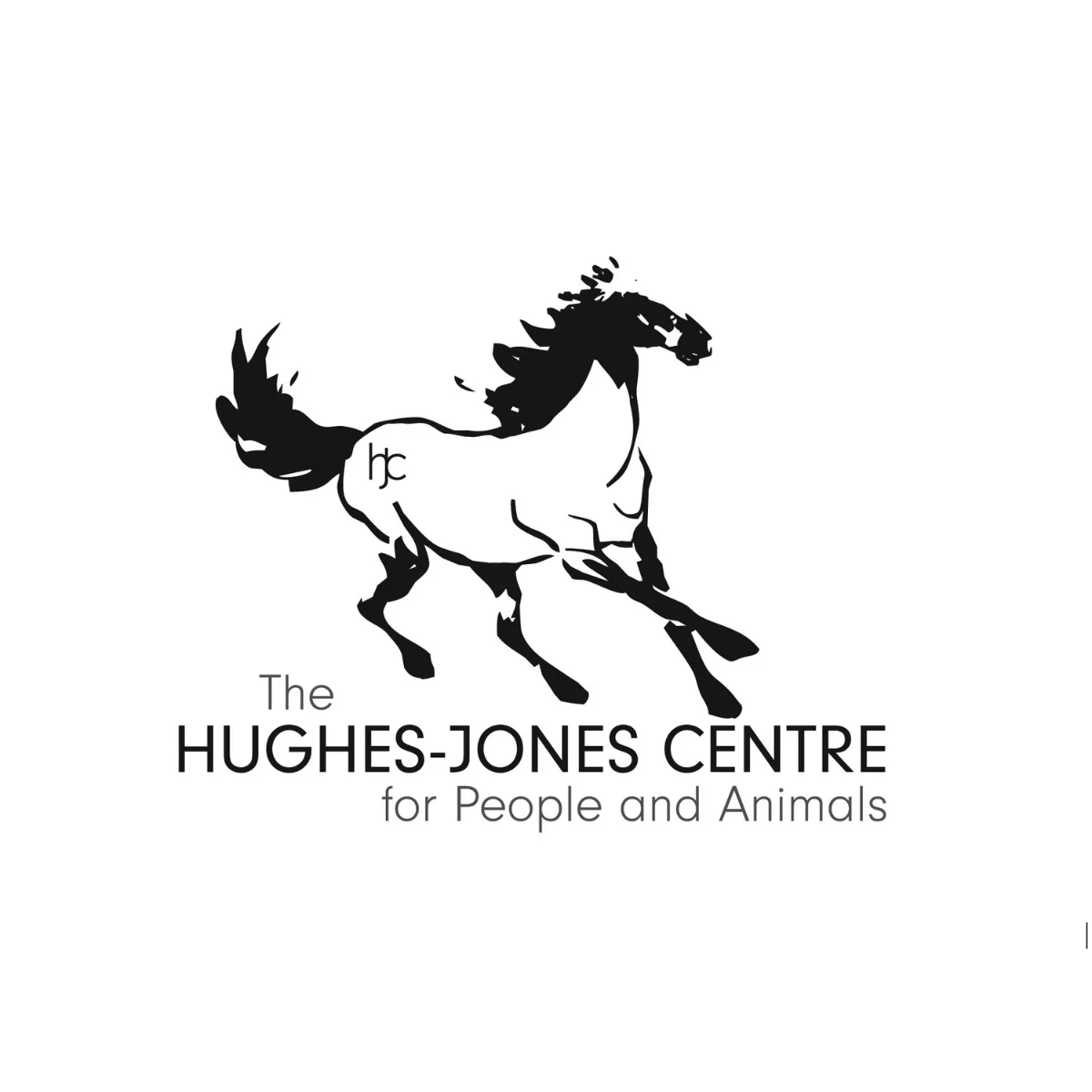I like metaphors. Most of what I do is based around engaging with living metaphors and I’ve found that it helps make complex ideas, especially ones with hard feelings attached, easier to understand. Once we understand things simply we have a much better chance at changing our behaviours.
With that in mind, take a look at the picture posted with this article.
If you were standing in front of these animals, alone, without a fence between you and no cover in sight — how do you think you would feel?
There are 8,000 pounds of horseflesh thundering toward you at speed and here you are, out numbered, with no one to help you.
How do you feel?
My career involves putting people in this situation often, so I have a pretty good idea of what most reasonable people would be feeling. Powerless, vulnerable, fearful, uncertain, weak, ignorant, alone, ill equipped and, working at a frightening disadvantage have all been expressed.
So in this interaction — where is the balance of power? With the 8 horses? Or the one person?
Would you be surprised if I told you, 100% with the one lowly little human?
You see, it doesn’t matter to the horse how you feel right now. Evolution and the natural world has given you, lowly little human, an advantage, a privilege, that you can’t see but the horse can. You are blind to both the privilege and power you possess in this interaction.
Let me explain.
Cave drawings 30,000 years old exist depicting horses. We know humans and horses have had a relationship for at least that long, but only 6,000 years of evidence suggesting domestication. Humans of 30,000 years ago were hunters and horses of the day were the hunted. Both have evolved accordingly — one an efficient predator the other efficient prey.
The horse, even domesticated, is aware of its position in the world as prey. Horses understand that in the natural world they are food for predators. It’s people who have forgotten or become blind to their position as predator (due to both a disconnect with the natural environment and our ability to choose our diet). Predators have both power and privilege in the natural world, prey knows this — because their life depends on the knowing and predators like us forget because our lives aren’t on the line.
Neither human nor horse of today chose the position they find themselves in — this is millions of years of evolution in play. It doesn’t matter if you choose to eat a plant based diet or whether you have any malintent toward the horse — the privilege and power still exist even if you can’t feel it, even if you don’t want it, even if things are challenging in this moment for you, even if you don’t deserve it. It’s there and you benefit – because you get to have a choice.
This is a simple beginning to understanding a complex issue. This example is balanced because it is based on nature and nature always seeks balance, but like I said before – we are disconnected from our natural environment. The environment we are currently living in, we built for our benefit, exploiting what we could along the way.
When power and privilege get out of balance – hunting for trophies or hunting an animal to extinction — it becomes toxic. When greed mixes with power to exploit others and increase our privileges – something has to shift to bring back the balance.
We fail to engage with toxic privilege built into our systems and become blind because we are the predators. The ones whose lives don’t depend on the rebalancing. The ones who get to relax while the rest are fighting for their survival. The ones who benefit from the lack of balance.
It doesn’t matter who you are or whether you would ever misuse your privilege – it’s the fact that you have the choice to do so at all. It doesn’t matter if you feel powerful or privileged or that you earned everything you have, if the person sitting across from you has something you can take away – you are privileged.
Power and privilege will always exist.
Toxic privilege doesn’t have to. Blind spot privilege doesn’t have to either.
To rectify either we have to be willing to change.
6,000 years ago when we decided to domesticate horses – it was us, the ones with the privilege, who had to change first. We had to watch, listen and learn from what was once our prey – convincing them that although for 24,000 years they were nothing but a meal – we could change the world by building a partnership.
It’s a conversation that has continued for 6,000 years, one that I continue to have every time I step into my paddock and ask my horses to partner with me. It’s a conversation I can’t grow tired of. I can’t ask them to “just get over it” our history doesn’t allow for that – so I change.
We need a better world and I believe the more people in it willing to look at their privilege, listen and learn no matter how uncomfortable it might be – are a big part in changing it for the better.
What privileges do you have?
*Article originally published on Medium


